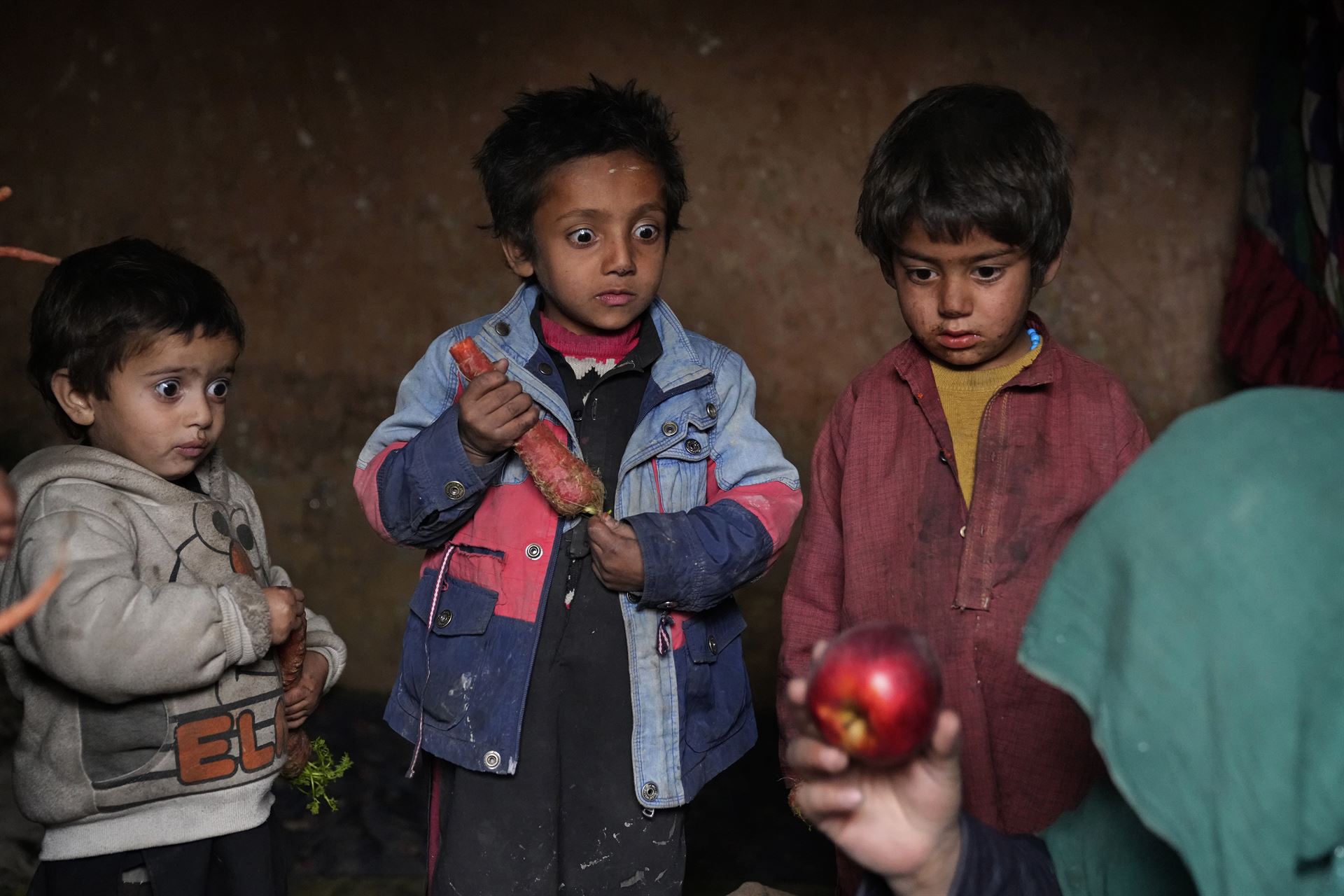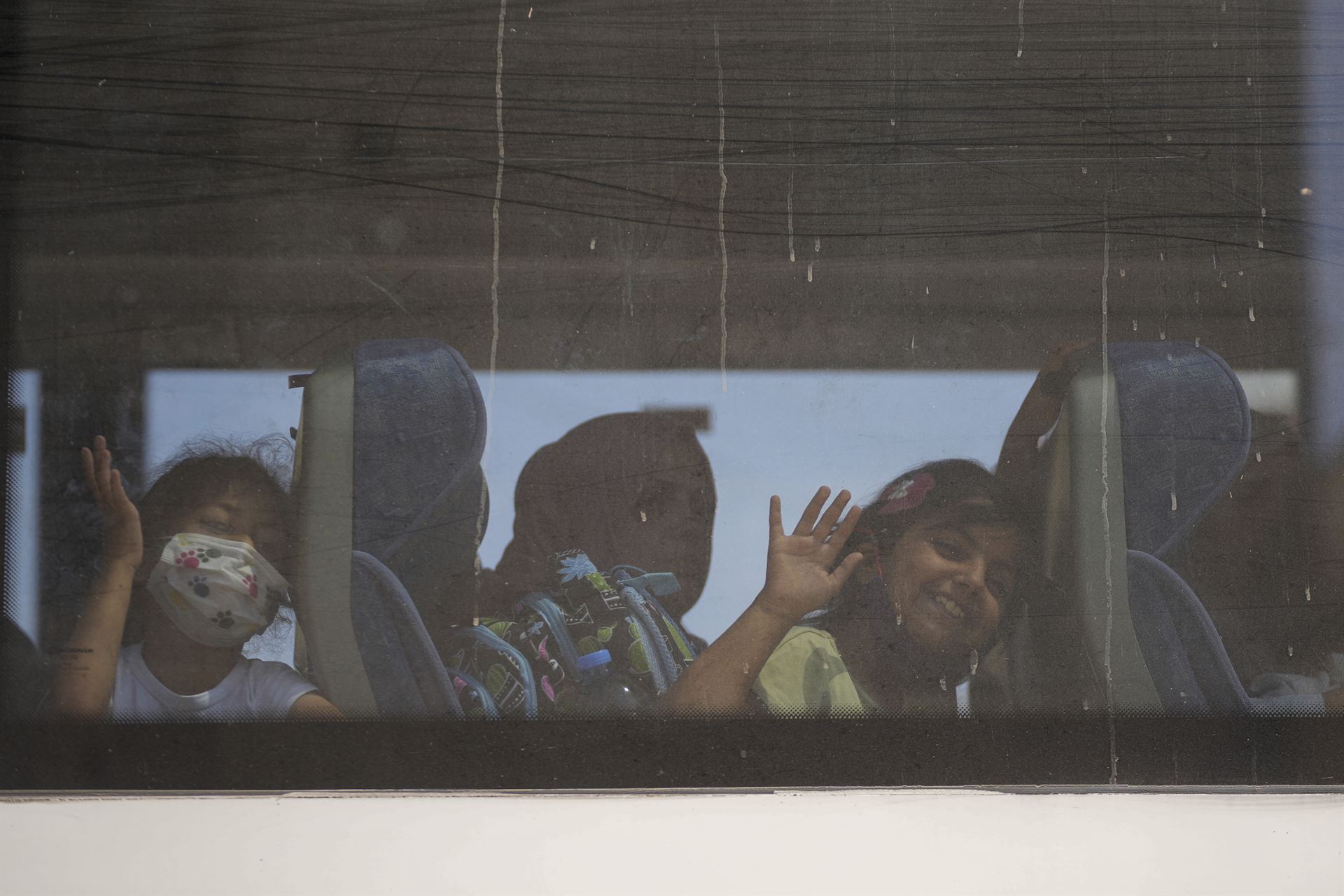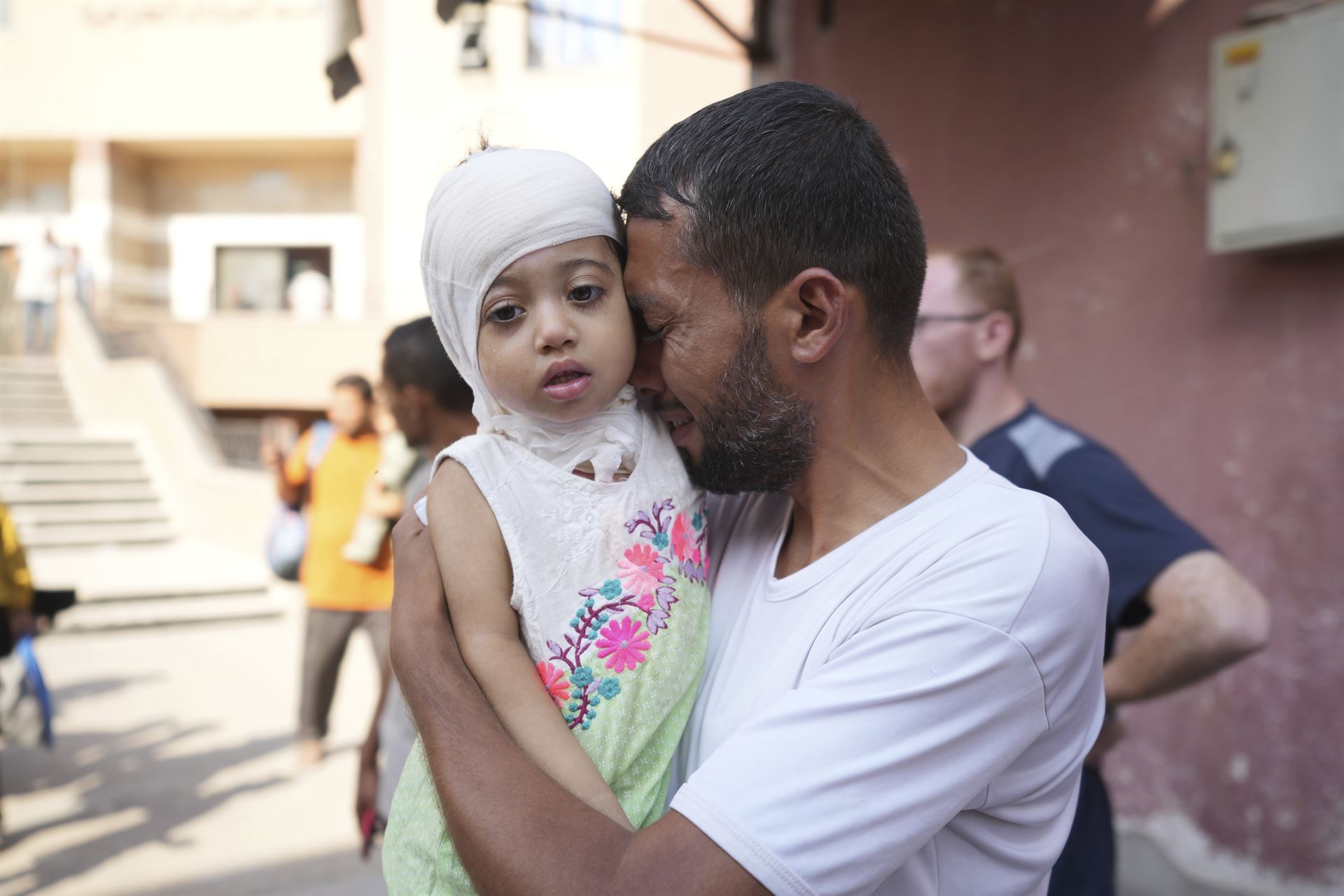
NEW YORK - The Bill & Melinda Gates Foundation urged world leaders Tuesday to increase global health spending where it is needed most to boost children's health and nutrition, especially in the face of the global climate crisis.
In its eighth annual Goalkeepers report, "A Race to Nourish a Warming World," the foundation projected that without immediate global action, climate change will condemn an additional 40 million children to stunting and 28 million more to wasting between 2024 and 2050.
ALSO READ: Polio vaccination targets surpassed for Gaza children, WHO says
Scaling up solutions now can avoid this outcome while building resilience to climate change and spurring much-needed economic growth.
In 2023, the World Health Organization estimated that 148 million children experienced stunting, a condition where children don't grow to their full potential mentally or physically, and 45 million children experienced wasting, a condition where children become weak and emaciated, leaving them at much greater risk of developmental delays and death.

These are the most severe and irreversible forms of chronic and acute malnutrition. At the same time, the total share of foreign aid going to Africa has decreased sharply, from 40 percent in 2010 to just 25 percent, the lowest percentage in 20 years.
This trend leaves hundreds of millions of children at serious risk of dying or suffering from preventable diseases and threatens the unprecedented progress the world made in global health across Africa between 2000 and 2020.
READ MORE: Heat wave: 7 children among 49 people who drowned across Russia on Saturday
"Today, the world is contending with more challenges than at any point in my adult life: inflation, debt, new wars. Unfortunately, aid isn't keeping pace with these needs, particularly in the places that need it the most," said report author Bill Gates, co-chair of the Bill & Melinda Gates Foundation.
"I think we can give global health a second act - even in a world where competing challenges require governments to stretch their budgets."

The report calls for maintaining global health funding, immediately addressing the growing threat of child malnutrition by supporting the Child Nutrition Fund, a new platform that coordinates donor financing for nutrition, and governments fully funding the established institutions that have proven effective at protecting millions of lives each year.
The report highlights proven tools that are helping solve malnutrition, building people's resilience to the worst impacts of climate change, and further driving down childhood deaths.
ALSO READ: WHO: 160 children killed per day in Gaza
The report also highlights the catastrophic economic costs of malnutrition and solutions that can help mitigate them.
According to the World Bank, undernutrition costs $3 trillion in productivity loss every year because malnutrition stunts physical and cognitive abilities.
In low-income countries, that loss ranges from 3 percent to 16 percent or more of GDP, which amounts to a 2008-level global recession yearly.


